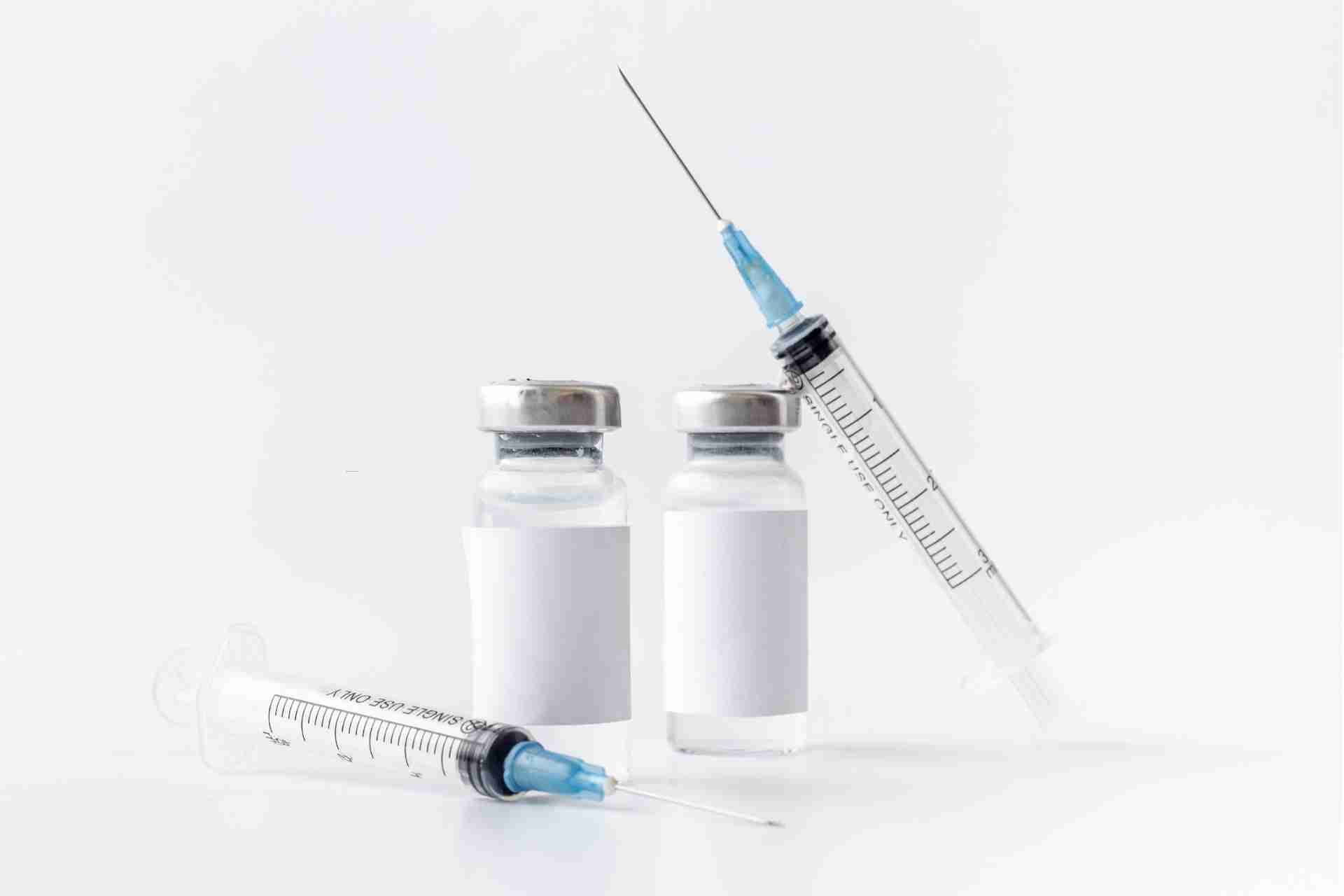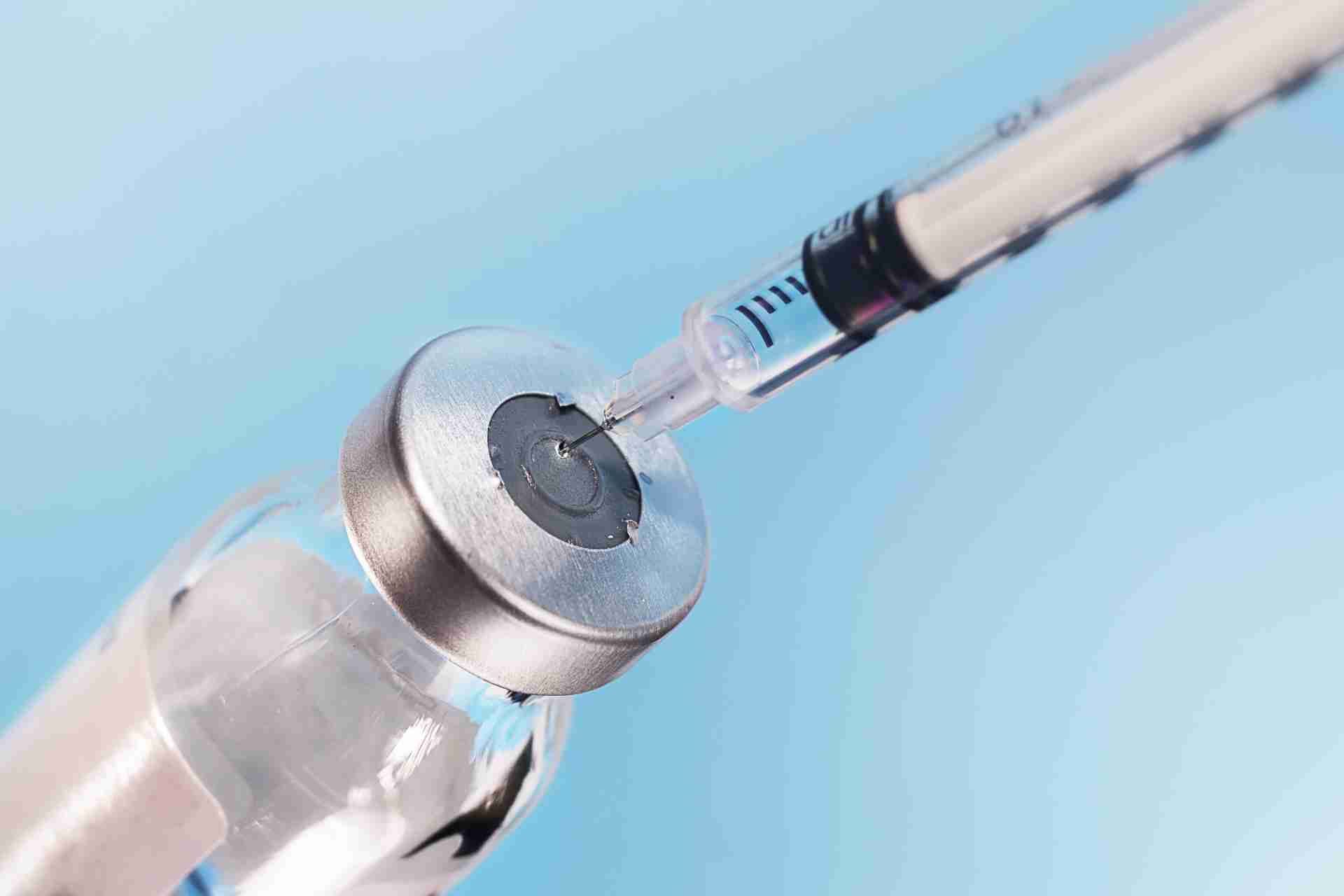Natural Depression Treatments That Really Work
Depression is a common mental health condition that affects millions of people worldwide.
Imagine a scenario where a close friend struggled with persistent feelings of sadness and hopelessness. Despite trying various medications, their symptoms persisted.
While there are a variety of treatment options available, many individuals are now seeking out natural remedies to help manage their symptoms. In this post, we will explore some effective natural depression treatments that have been proven to work.
Would you be curious to explore more about these natural approaches that hold the potential to offer relief from depression without relying solely on medication? Let’s find out!

Lifestyle Changes for Depression
While therapy and medication are important tools for managing depression, lifestyle changes can also play a significant role in improving symptoms and overall well-being.
Here are some lifestyle changes that can help manage depression:
- Regular exercise: Physical activity has been shown to improve mood and reduce symptoms of depression. Aim for at least 30 minutes of moderate exercise most days of the week, such as walking, jogging, yoga, or swimming.
- Healthy diet: Eating a balanced diet rich in fruits, vegetables, whole grains, and lean proteins can help improve mood and energy levels. Avoiding processed foods, sugar, and caffeine can also have a positive impact on mental health.
- Adequate sleep: Getting enough quality sleep is crucial for mental health. Aim for 7-9 hours of sleep each night and create a bedtime routine to help improve sleep quality.
- Manage stress: Chronic stress can worsen symptoms of depression. Practice stress-reducing techniques such as deep breathing, meditation, or mindfulness to help manage stress levels.
- Social support: Maintaining strong relationships with friends and family can help reduce feelings of isolation and loneliness. Make an effort to stay connected with loved ones and seek out support when needed.
- Limit alcohol and substance use: Alcohol and drugs can exacerbate symptoms of depression and make it harder to manage the condition. Limiting or avoiding these substances can have a positive impact on mental health.
- Engage in pleasurable activities: Depression can make it difficult to find enjoyment in activities you once loved. Make an effort to engage in activities that bring you joy, whether it's spending time in nature, listening to music, or pursuing a hobby.
Herbal Remedies for Depression
Consider incorporating herbal remedies into your depression treatment plan to explore natural alternatives for managing your symptoms effectively.
One popular herbal remedy for depression is St. John's Wort. This herb has been used for centuries to treat a variety of mental health conditions, including depression. Studies have shown that St. John's Wort may be effective in reducing symptoms of mild to moderate depression, although more research is needed to determine its long-term effects. It is important to note that St. John's Wort can interact with certain medications, so it is essential to consult with a healthcare provider before adding it to your treatment regimen.
Another herbal remedy that is commonly used for depression is Saffron. Saffron is a spice derived from the Crocus sativus flower and is known for its mood-boosting properties. Some studies have suggested that saffron may be effective in reducing symptoms of depression, although more research is needed to confirm its benefits. Saffron is generally considered safe for most people, but it can be costly due to its high price.
Other herbal remedies that may help manage depression include Rhodiola Rosea, Ashwagandha, and Valerian root. These herbs have been used for centuries in traditional medicine to promote mental well-being and may have potential benefits for individuals struggling with depression. However, it is essential to consult with a healthcare provider before trying any herbal remedies, as they can interact with medications or have side effects.
Mind-Body Therapies for Depression
Mind-body therapies are holistic practices that focus on the connection between the mind and body, emphasizing the importance of treating the whole person rather than just the symptoms. These therapies have been shown to be effective in reducing stress, improving mood, and promoting overall well-being, making them a valuable tool in managing depression.
One popular mind-body therapy for depression is yoga. Yoga combines physical postures, breathing exercises, and meditation to promote relaxation and mindfulness. Research has shown that regular yoga practice can help reduce symptoms of depression by increasing levels of neurotransmitters such as serotonin and dopamine, which play a role in mood regulation. Additionally, the focus on mindful breathing and movement in yoga can help individuals cultivate a sense of presence and reduce rumination, a common symptom of depression.
Mindfulness meditation involves paying attention to the present moment without judgment, allowing individuals to observe their thoughts and emotions without becoming overwhelmed by them. This practice has been shown to reduce symptoms of depression by increasing self-awareness, enhancing emotional regulation, and improving overall well-being. Research has also shown that mindfulness meditation can change brain patterns associated with depression, leading to lasting improvements in mood and mental health.
Other mind-body therapies for depression include tai chi, qigong, and biofeedback, all of which focus on connecting the mind and body through movement, breathwork, and mindfulness. These practices have been shown to reduce stress, improve mood, and promote relaxation, making them valuable tools in managing depression.
Sunlight Exposure
Sunlight exposure has been shown to have a positive impact on mood and mental health. When our bodies are exposed to sunlight, our brains produce serotonin, a neurotransmitter that helps regulate mood and promote feelings of well-being. Studies have shown that individuals who are deficient in serotonin are more likely to experience symptoms of depression.
In addition to increasing serotonin levels, sunlight exposure can also help regulate our circadian rhythm, or internal body clock. When our circadian rhythm is disrupted, it can lead to sleep disturbances, which are often a common symptom of depression. By getting adequate sunlight exposure, we can help regulate our sleep cycle and improve our overall sense of well-being.
Conclusion
Natural depression treatments can be a powerful tool in managing symptoms and improving overall well-being. By incorporating these treatments into your daily routine, you may find relief from the debilitating effects of depression and feel more empowered to take charge of your mental health.










